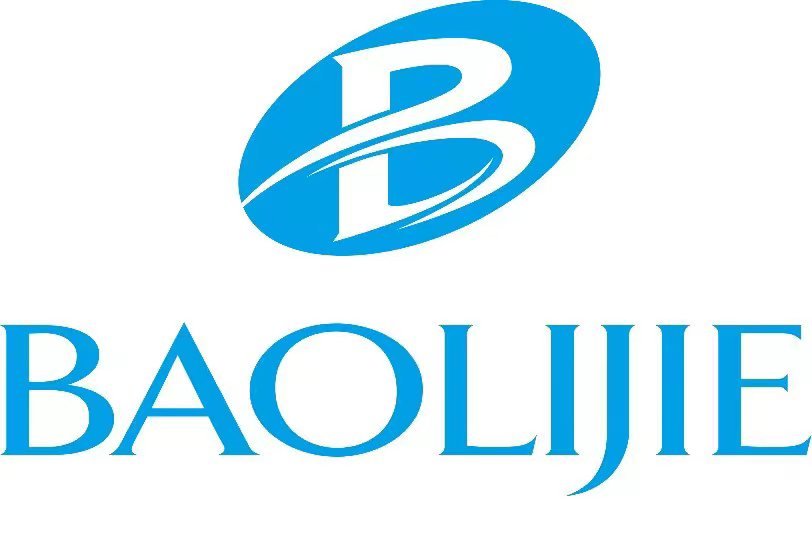Electric toothbrush technology has come a long way since its inception. Today, leading manufacturers are integrating smart technology into their products, transforming the way we maintain oral hygiene. The advancements in smart technology have not only made electric toothbrushes more effective but also more engaging and personalized. In this article, we will explore the impact of smart technology on oral health, highlighting the innovations introduced by leading manufacturers such as Philips Sonicare, Oral-B, and Colgate.
The Role of Artificial Intelligence in Oral Care
The introduction of artificial intelligence (AI) in electric toothbrushes has been a game-changer in the oral care industry. AI-powered toothbrushes can analyze brushing patterns, identify areas that need more attention, and provide personalized feedback. This level of personalization ensures that users are brushing correctly and consistently, leading to better oral health outcomes.
For instance, Oral-B’s Genius X toothbrush uses AI to track brushing habits and provide real-time feedback through a smartphone app. The app guides users on how to improve their brushing technique, ensuring that all areas of the mouth are adequately cleaned. This innovation has made brushing more effective and enjoyable, encouraging users to maintain better oral hygiene practices.
The Importance of Connectivity
Connectivity is another key feature of modern electric toothbrushes. Bluetooth-enabled toothbrushes can sync with smartphone apps, allowing users to track their brushing habits and receive personalized coaching. This connectivity has made it easier for users to monitor their oral health and make necessary adjustments to their brushing routine.
Philips Sonicare’s DiamondClean Smart series, for example, connects to a mobile app that provides real-time feedback and personalized coaching. The app tracks brushing duration, pressure, and coverage, ensuring that users are brushing effectively. This level of connectivity has transformed the brushing experience, making it more interactive and engaging.
Pressure Sensors and Timers
Pressure sensors and timers are essential features of smart electric toothbrushes. Pressure sensors alert users when they are brushing too hard, preventing damage to gums and enamel. Timers ensure that users brush for the recommended two minutes, promoting better oral health.
Oral-B’s iO series toothbrushes are equipped with pressure sensors that change color to indicate the correct brushing pressure. The iO9 model, in particular, has a smart ring that changes color to guide users on brushing time and pressure. These features help users develop better brushing habits and prevent common oral health issues such as gum recession and enamel erosion.
Real-Time Feedback and Coaching
Real-time feedback and coaching are crucial components of smart electric toothbrushes. By providing instant feedback on brushing technique, these toothbrushes help users improve their oral hygiene practices. Personalized coaching ensures that users are brushing effectively and addressing all areas of their mouth.
Colgate’s Hum toothbrush, for example, provides real-time feedback and coaching through a smartphone app. The app tracks brushing duration, frequency, and coverage, offering personalized tips to improve brushing habits. This level of guidance has made it easier for users to maintain optimal oral health.
Conclusion
In conclusion, the integration of smart technology in electric toothbrushes has revolutionized the way we maintain oral hygiene. Features such as artificial intelligence, connectivity, pressure sensors, timers, and real-time feedback have made brushing more effective and engaging. Leading manufacturers like Philips Sonicare, Oral-B, and Colgate are continually pushing the boundaries of innovation, ensuring that users have access to the best tools for maintaining oral health. As technology continues to evolve, we can expect to see even more exciting developments in the electric toothbrush market, further enhancing our approach to oral care.
Q&A
Q: How does artificial intelligence improve oral care in electric toothbrushes? A: AI-powered toothbrushes analyze brushing patterns, identify areas needing more attention, and provide personalized feedback, ensuring users brush correctly and consistently for better oral health outcomes.
Q: What role does connectivity play in modern electric toothbrushes? A: Bluetooth-enabled toothbrushes sync with smartphone apps to track brushing habits and provide personalized coaching, making it easier for users to monitor and adjust their oral health routines.
Q: How do pressure sensors in electric toothbrushes benefit users? A: Pressure sensors alert users when they brush too hard, preventing damage to gums and enamel, and helping to develop better brushing habits.
Q: What is the purpose of timers in electric toothbrushes? A: Timers ensure users brush for the recommended two minutes, promoting thorough cleaning and better oral health.
Q: How do real-time feedback and coaching improve brushing habits? A: Real-time feedback and coaching provide instant guidance on brushing technique, helping users address all areas of their mouth and maintain optimal oral hygiene.

